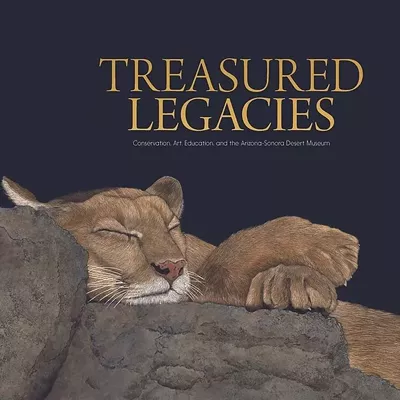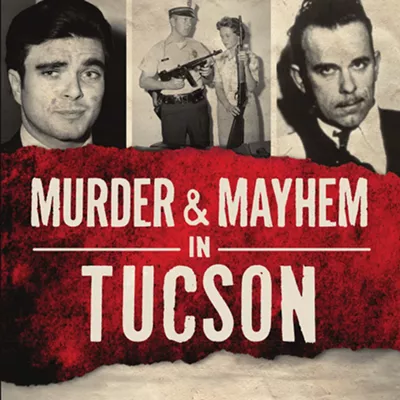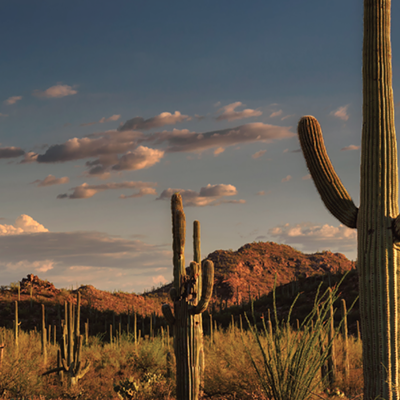Tucson is becoming so overrun by great writers that you can't swing a Norton college textbook anthology without hitting a gifted contemporary poet.
The small-press community continues to publish the living, breathing, satisfying verse that many of us complain about not being able to find. Sure, you have to dig a bit, but bards definitely exist in Tucson—among them, Burgess Needle and Michael Rattee—and they'll enrich your day, your bookshelf and your mind with exquisitely crafted, emotionally nuanced poems, even if these two word warriors come from opposite dispositions.
Needle is the sunnier one. His latest collection, Every Crow in the Blue Sky, published by Diminuendo Press in Texas, serves as an affirmation of a life well lived, with narrative poems inspired by the author's time spent in Thailand as a Peace Corps volunteer in the late '60s. In short, compressed bursts of sculpted language, Needle quickly and fully communicates "exotic" yet universal moments, as he does in the teacher's-brain-turned-upside-down dialogue of "Who Collects the Eggs?"
I allowed them to handle the pictures as I looked
out the window at a small lake filled
with Lotus blossoms.
Children paddled across the water sitting on large,
Styrofoam shells that originally encased bombs.
The girl with bangs asked,
What do they do when the old ducks die?
"Excuse me?"
After we kill an old duck, she explained, my mother saves
the feathers, we sell the neck and the feet
and she makes pudding from the blood.
As you can imagine, the poem explores the ways in which a teacher inevitably becomes a student, and how a child's perspective is often more realistic and more enlightening than any so-called grown-up's.
It's not all about Thailand. Needle also possesses a fantastic eye for detail, especially regarding the Sonoran Desert landscape and the people who inhabit it. One of his finest moments is the south-of-the-border character sketch of "Alejandro," about a Mexican sweatshop where the chances of the newly hired, too-sensitive white guy working there and surviving are slim to none: "He was better than the cable channels / I swear he cried when Domingo got hit with a wave of caustic ash / but I was the one who held the hose until he was clean." Still, as dark as this poem gets, Needle emphasizes the blossoming friendship between the eponymous speaker and the bologna-eating gringo, and the poem "clicks" perfectly.
Michael Rattee, on the other hand, doesn't stress redemption. A 30-year resident of Arizona and, interestingly, a co-editor with Needle of the Prickly Pear/Tucson literary journal, he offers a more bleak and melancholy view with Falling Off the Bicycle Forever, published by East Coast-based Adastra Press. Rattee's understated, quietly powerful verse sneaks up on you like a pissed-off wolf in a high-minded poet's clothing. Take, for instance, "Lullaby," with its soft, despairing crescendo.
Tell the children it's bedtime
tell them about strangers
and not so distant relatives
tell them about the extinct and the about to be so
tell them about the water
full of deadly chemicals
the threatening dust in the walls
tell them about the invisible
the ozone the rain forests
tell them what we've done
and are still doing
tell them that soon
it will be up to them
tell them to go to sleep
While not a political poet in the traditional sense, Rattee isn't afraid to address the issues of today, and he balances it all with a strong sense of spiritual doubt and hunger. Though the universe may be decaying all around us, he insists that "somewhere there's a star / with your name / falling toward you." His poems are so modest that I'm temped to believe him.
Two great Tucson poets and two great books? OK, Tucson ain't flashy New York City, but with writers of the caliber of Needle and Rattee, it has a literary community that would make any city proud.







